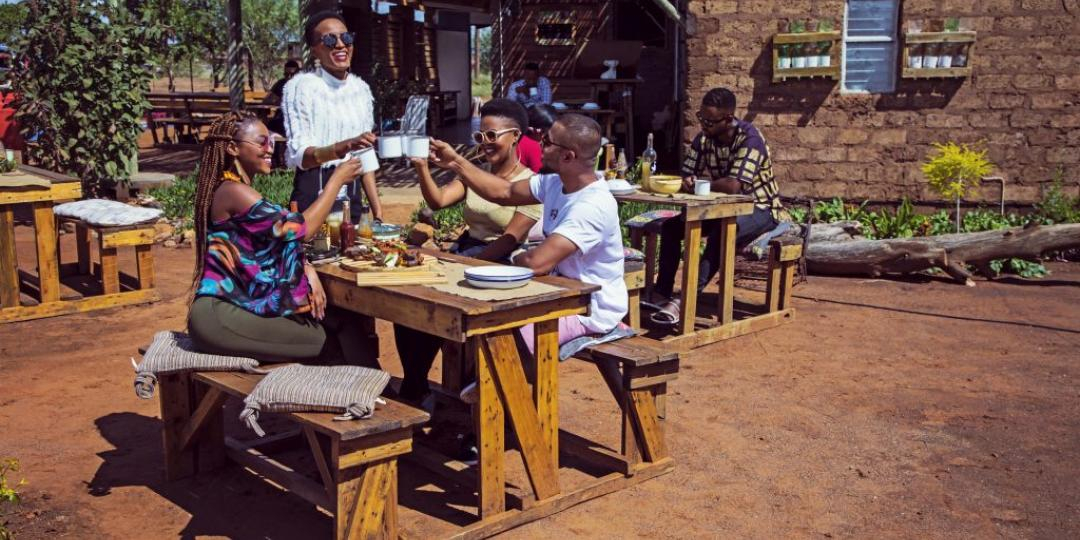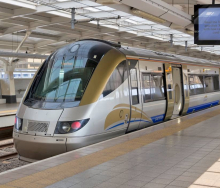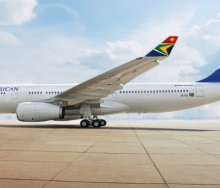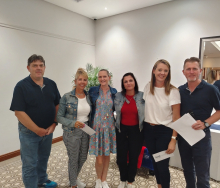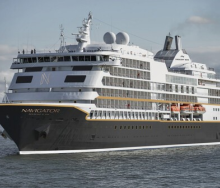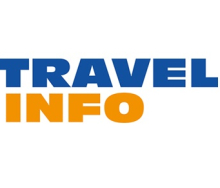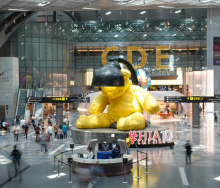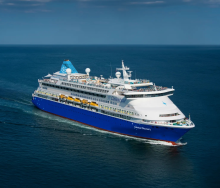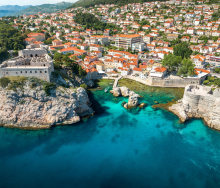While the economic landscape continues to pose significant challenges for small and medium enterprises (SMEs) as a result of the COVID-19 pandemic, business confidence levels are higher among SME owners during the second quarter of 2021 compared with the same period last year.
This is according to the latest survey by Business Partners Limited, a specialist risk finance company for formal small and medium-sized owner-managed businesses in South Africa and selected African countries. The survey indicates that SMEs have confidence levels of 61% that their businesses will grow in the next 12 months. This is up by five percentage points year-on-year, but down four percentage points quarter-on-quarter.
Commenting on the results of the Q2 2021 Business Partners Limited SME Index, Rayna Dolphin, Executive Director at Business Partners Limited, said businesses seemed to have a better grasp of how to deal with the challenges presented by the current economic climate, and optimism levels among SMEs were higher, although recent riots in SA would impact confidence levels in Q3.
She said results indicated a trend of growing optimism and ingenuity among SMEs in response to the past year’s challenges. “The sector still requires support to make their journey easier, as they still face many challenges. Practical barriers such as red tape and access to finance have to be removed, but it is good to see this sector making the most of the hand it is dealt.”
Commenting on business confidence levels among SMEs in the travel and tourism sector, Septi Bukula, Founder of the Seeza Tourism Growth Network, said while positive sentiment on the part of SMEs in these difficult times was certainly something to celebrate, he felt the survey results raised more questions than they answered.
“Firstly, in a climate like this, where there is significantly uneven impact on different sectors, it would be more helpful to provide more nuanced results, i.e. sentiment by sector, rather than generalising about SMEs. We know for a fact that SMEs in certain sectors, such as travel, tourism and hospitality, have borne the brunt of the COVID-19 impact. What is the sentiment among them? It can’t be the same as that of SMEs in the food sector, for instance.”
Confidence is sector specific
In agreement, Wild Wings Safaris MD, Onne Vegter, said business confidence was deeply sector specific. “Those sectors that were most affected by the COVID-19 pandemic and lockdown restrictions up to and including Q2, such as tourism, hospitality and the food and beverage industries, were impacted even more severely during Q3 as a result of moving to Alert Level 4. The closure of gyms, restaurants and the entire alcohol industry will have a ripple effect throughout Q3 and Q4. New waves of Delta infections around the world, even in highly vaccinated countries, continue to harm international travel recovery.”
Vegter said the KwaZulu Natal riots in July would have a geographic and sector-specific impact on business confidence for affected industries, including tourism, retail, finance and investment, imports and exports, as well as the transportation sector. “I would therefore not read much into a five percentage point increase in business confidence among SMEs, as such a broad brush hides the individual pains and gains of different sectors. The impact of the challenges South Africa faced early in Q3 on business confidence has yet to be seen.”
Discover Travel & Tours Director Leon Rajoo said the current economic climate had been extremely challenging and it was not simply a case of survival of the fittest. “The unique financial challenges created by the COVID-19 pandemic, especially on the travel industry, have led to a scenario where companies that were able to reduce fixed overheads quickly and change their methods of working would be the ones to survive.”
SMEs were in an ideal position to manage their finances since business owners already incurred limited or essential overheads, with potential for further reductions as well, Rajoo continued. “SME travel entities would be ideally positioned to provide experiences with personalised attention to details within a secure and COVID-safe travel bubble.”
Key to SME survival
The key to SME survival would be to adapt quickly, especially with regard to digital marketing and online point of sales, he said. “To this end, I am grateful to entities such as the Seeza Tourism Growth Network who have identified this need and put together valuable training packages for affiliate members.”
Rajoo’s sentiments are echoed by the survey results in that a combined 75% of businesses felt that they were digitally ready to adapt to a post-COVID world and the perceived importance of social media marketing had increased to 82%, highlighting that the digital transition was well and truly here.
Further results indicated that work-from-home (WFH) schemes appeared to be losing some momentum. According to the Index, the number of businesses reporting success with a WFH model has decreased three percentage points since the last quarter and six percentage points since the second quarter of 2020. “This could be attributed to decreasing productivity levels of employees or mental exhaustion due to the pandemic,” said Dolphin.
In addition, she said the ripple effect of failing businesses now seemed to be impacting the sector. “About 61% of those surveyed have faced major business continuity issues in the last year due to suppliers or clients going out of business, which correlates with research released by Finfind estimating that 42,7% of SMEs closed their doors last year.”
On the upside, there were indications that business owners were discovering new opportunities during these difficult times, she said. “Around 28% of SMEs have appointed new employees in the last quarter and 44% haven’t lost any employees since the start of lockdown.”
